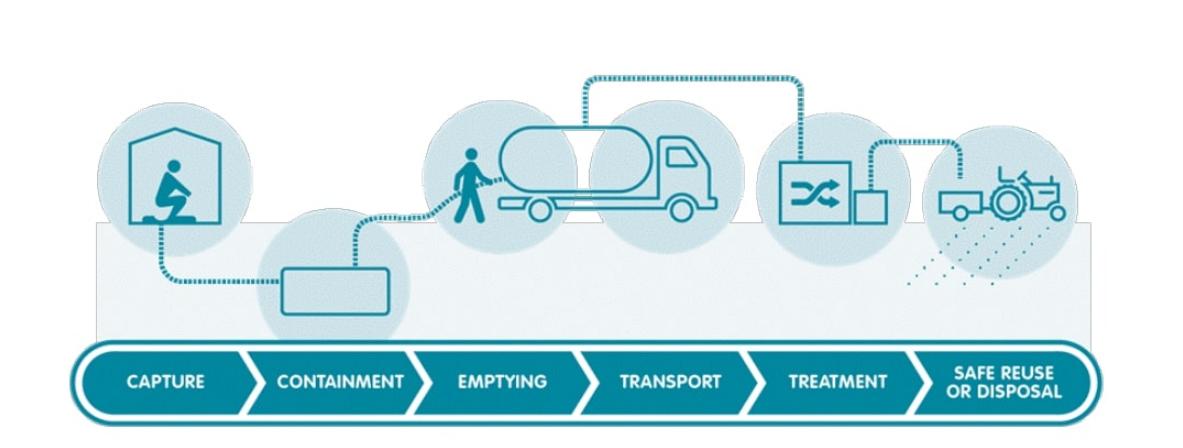Insights 2 FSSM- jaipur

Is Faecal Sludge and Septage Management (FSSM) an effective and long-term solution in the sanitation value chain? That was the question that Indian sanitation experts reflected on in Jaipur, the state capital of Rajasthan, at a multistakeholder dialogue on ‘FSSM Matters: Looking Forward’ on 10 January 2017. The dialogue was the second of the “Insights” series launched last year by the India Sanitation Coalition (ISC), IRC and TARU Leading Edge.
Rajasthan
Mr K.K. Sharma, Chief Engineer at the Local Self Government Department (LSG) of the Government of Rajasthan, started the discussion with a presentation on the ‘Swachh Bharat Mission Urban Rajasthan’, which covered:
- an update on challenges and progress, including the number of individual toilets and shared facilities constructed
- solid waste management measures, including the treatment of the total waste generated in all Urban Local Bodies (ULBs) and setting up plants to create energy from waste
- draft guidelines and a Rapid Assessment Tool for FSSM, which the LSG has circulated to the ULBs
- the State Sewerage and Waste Water Policy 2016, issued by the LSG, which attempts to tackle the lack of systematic emptying of septic tanks (private enterprises exist but they are not organised) as well as a lack of septage treatment plants (STPs)
- the urgent need to develop Faecal Sludge Treatment Plant (FSTP) operating models and monitoring protocols for Rajasthan.
A panel discussion followed on the relevance of FSSM in the present scenario and the subsequent need for a collaborative framework and cross learning.
